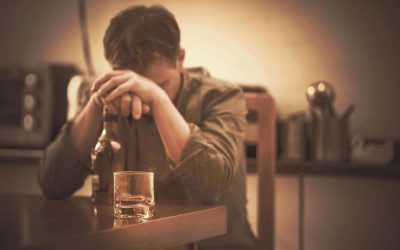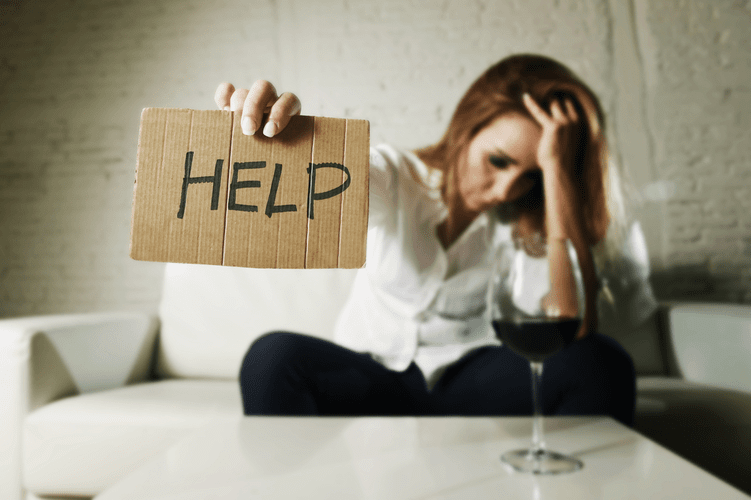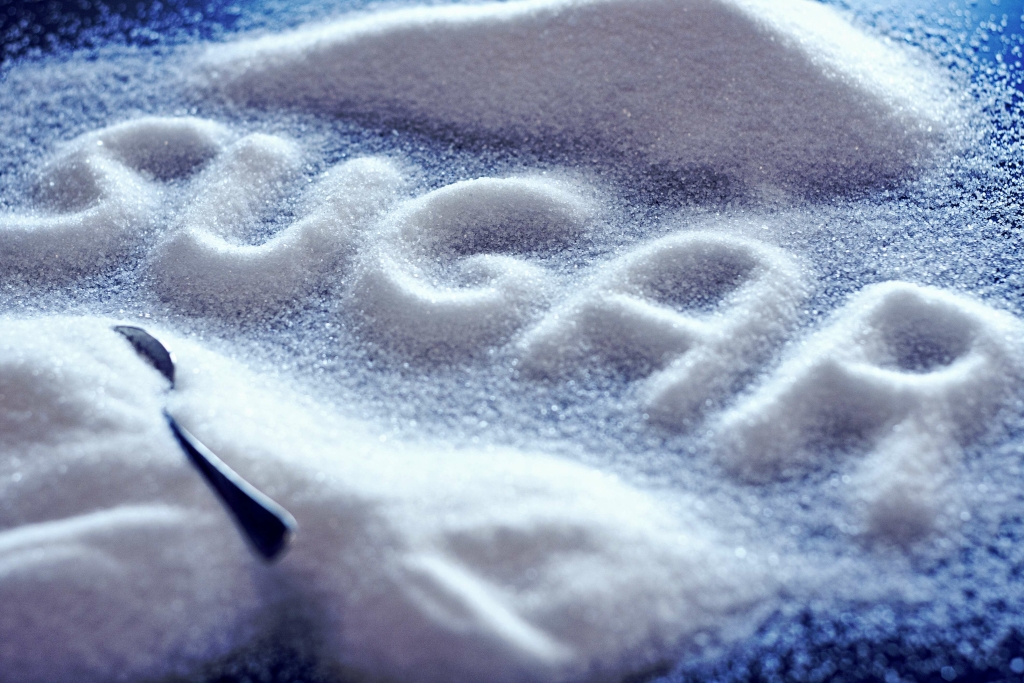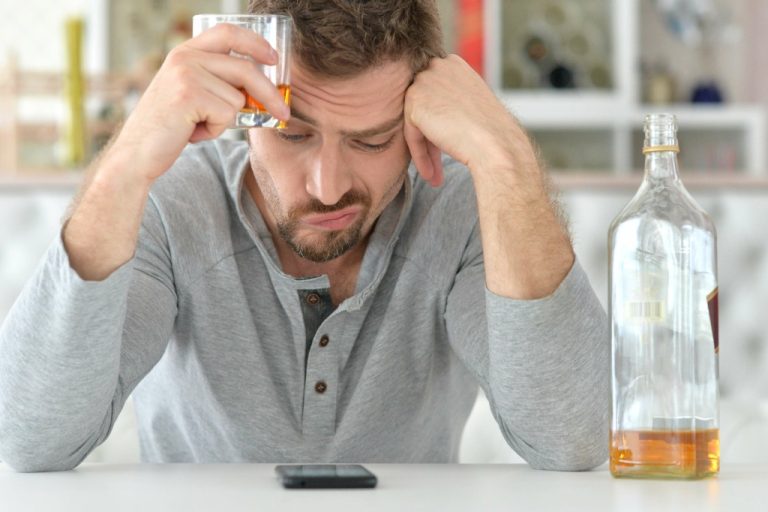To allow the liver to heal and the risk of bruising to drop, heroin addiction you must stop drinking altogether. Ensuring that you do not drink at this level could be a wise way to limit your risk of unusual bruising. If you already have unusual bruising, your liver could already be damaged, and that could mean that drinking at any level is not wise for you. All of these impairments can lead to more morning after bruises, but they can also make driving extremely dangerous.
What Causes Bruises from Alcohol?

To determine the cause of easy bruising, your healthcare provider will conduct a physical examination and review your symptoms, medical history, and any medications you are taking. The symptoms of hemophilia can be mild or severe, depending on how much clotting factor is present in the affected person’s blood. Depending on the severity and type of hemophilia, bleeding may occur spontaneously (without injury) or after trauma or surgery. Even if you aren’t experiencing severe health problems like cirrhosis from alcohol, seeking early treatment can prevent an alcohol use disorder from progressing and causing severe complications.
Alcohol and Bruising: The Link and Risks Explained
Bruises occur when blood vessels get what causes bruising in alcoholics damaged and burst under the skin, so the blood from them, spreading, causes a slight swelling of soft tissues. These effects can have serious medical consequences, such as an increased risk for strokes. Alcohol-related abnormalities in RBC production manifest themselves not only in the bone marrow but also through the presence of defective RBC’s in the blood.
Risk factors

The most common cause of this deficiency is a diet poor in folic acid, a frequent complication in alcoholics, who often have poor nutritional habits. In addition, alcohol ingestion itself may accelerate the development of folic acid deficiency by altering the absorption of folic acid from food. Alcohol use disorder is a pattern of alcohol use that involves problems controlling your drinking, being preoccupied with alcohol or continuing to use alcohol even when it causes problems.
- When seeking answers, people often look to experts for clear and accurate information.
- Here are three aspects of your brain that are affected by alcohol and why that can contribute to morning-after bruises.

This condition results in the accumulation of fatty acids in the liver, causing severe dysfunction and impairing its ability to filter toxins from the blood effectively. As a result, the unfiltered toxins in the blood can affect blood vessels, making them more prone to rupture and leading to easy bruising. While bumping into something while drinking may seem relatively harmless, the truth is that excessive drinking can set you up for serious injuries from falling or other accidents. Furthermore, in extreme cases, bruises from drinking can be a sign of liver damage, which can be dangerous. When drinking becomes compulsive, as is the case with alcohol use disorder, a person may place themselves in danger when consuming alcohol, because drinking becomes more important than safety.
The liver normally processes dietary proteins, carbohydrates, fats and vitamins, produces clotting factors and breaks down toxins in the blood. Impaired liver function may result in redness or mottling on the palms of the hands. Other symptoms of cirrhosis may include yellowed complexion and the appearance of spider veins on the trunk, face, arms and hands. The American Academy of Family Physicians states that the number and size of spider veins can be correlated to the severity of chronic liver disease. Liver disease often causes bruising because it affects the liver’s ability to perform its functions, including filtering blood and producing proteins that aid in blood clotting. When the liver is damaged and unable to function properly, its ability to produce these clotting proteins is impaired, leading to a condition called alcoholic fatty liver disease.
- It also affects the stickiness of circulating platelets, making them less effective in forming clots.
- His body temperature was 35.0°C, his systolic blood pressure was 80 mmHg, and his pulse rate was weak but regular at 62 beats per minute.
- Alcohol can have a significant impact on the body’s ability to clot blood, which can result in more frequent and severe bruising.
- All of these impairments can lead to more morning after bruises, but they can also make driving extremely dangerous.
- With mastocytosis, too many mast cells (a type of white blood cell) grow in the body.
Are there any specific vitamins or supplements that can help prevent alcohol-induced bruising?
The blood vessels become more fragile and are more likely to break and rupture, resulting in the formation of bruises. If you https://www.telegramsamvad.com/archives/12234 notice that you bruise easily after one night of drinking, it may not indicate anything serious. But if you bruise more easily all the time after chronic heavy drinking, it may be a sign of significant health concern. Second, alcoholism can lead to a condition called thrombocytopenia, which is a low level of platelets in the blood. Platelets help the blood clot, so a low level of them can cause easy bruising. Finally, alcoholics may have a deficiency of vitamin C, which is important for healing wounds.





